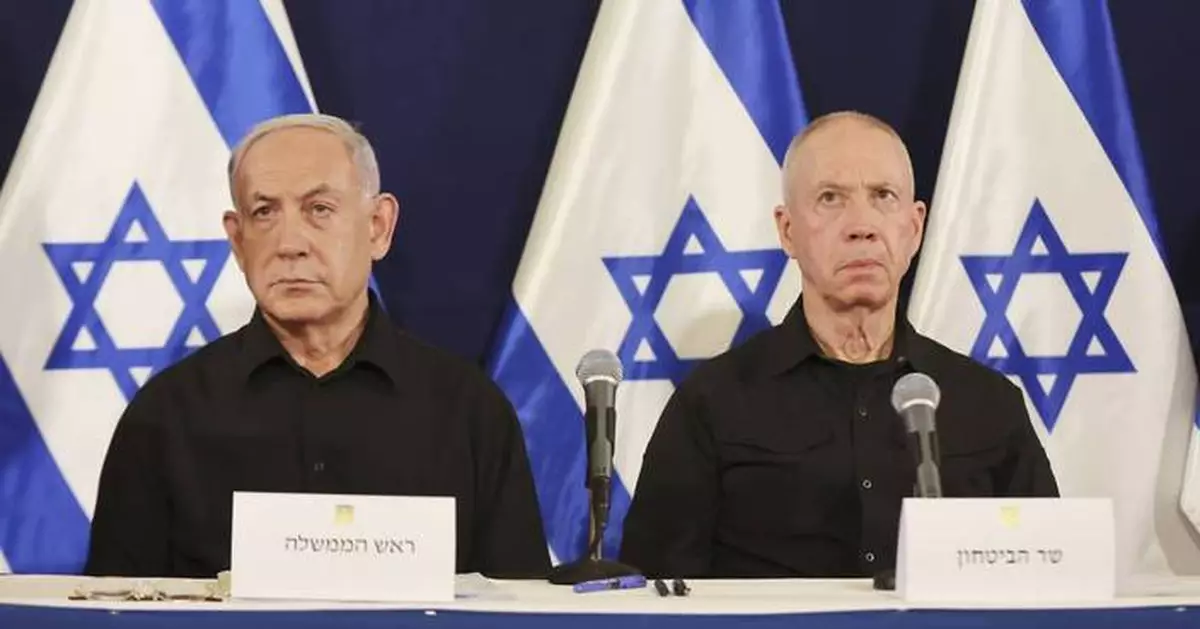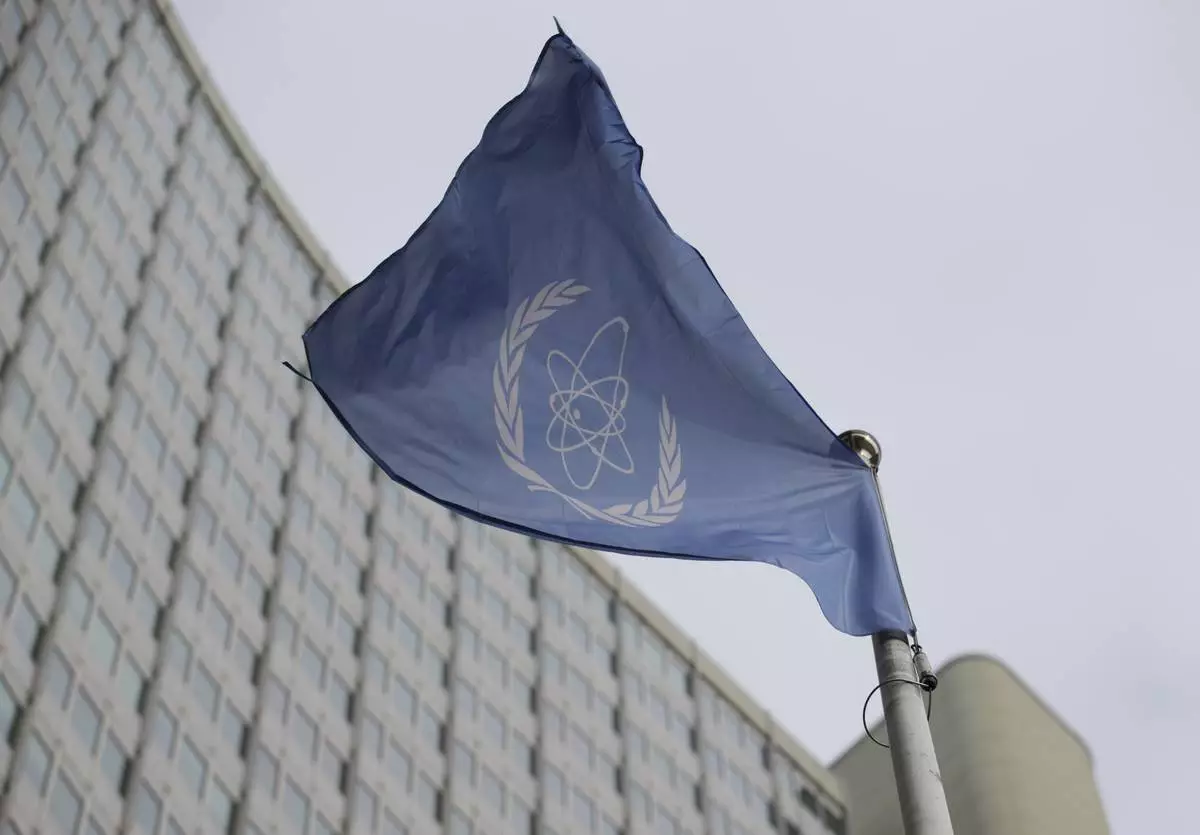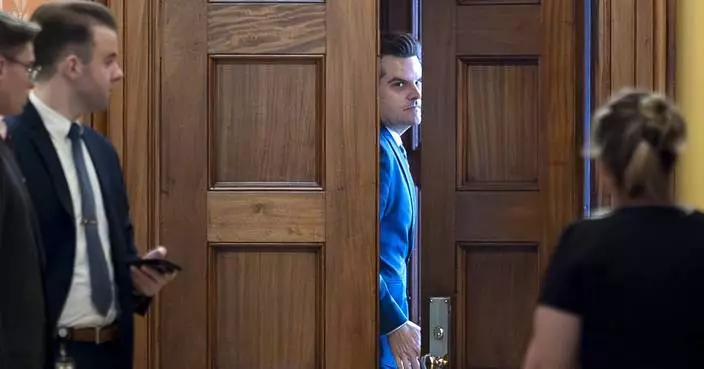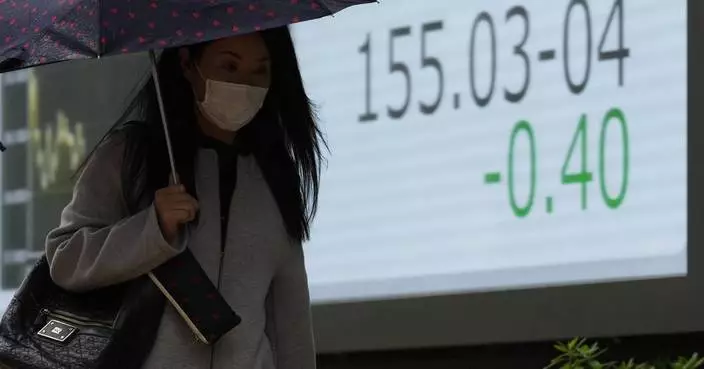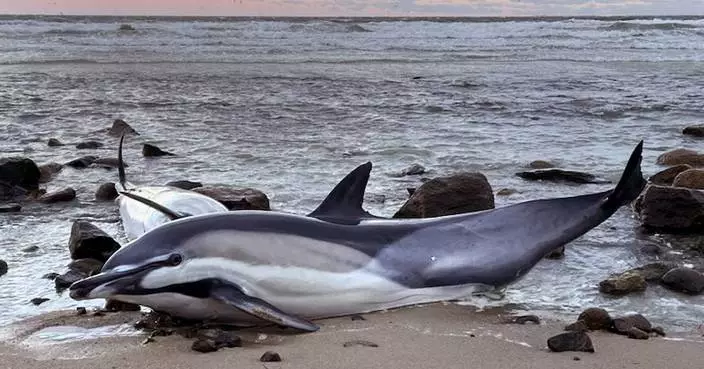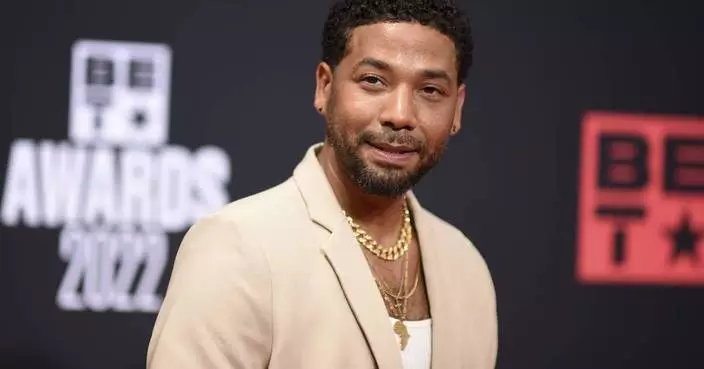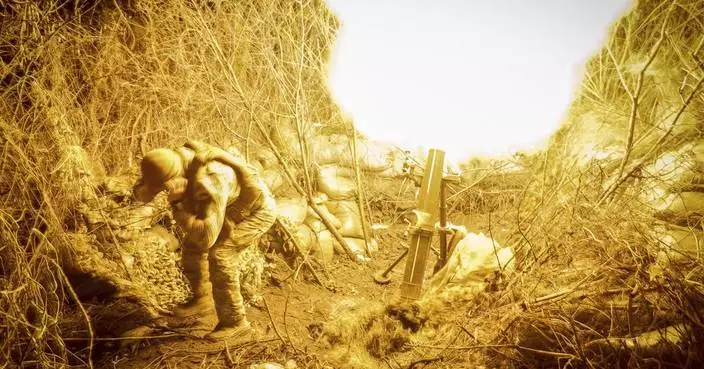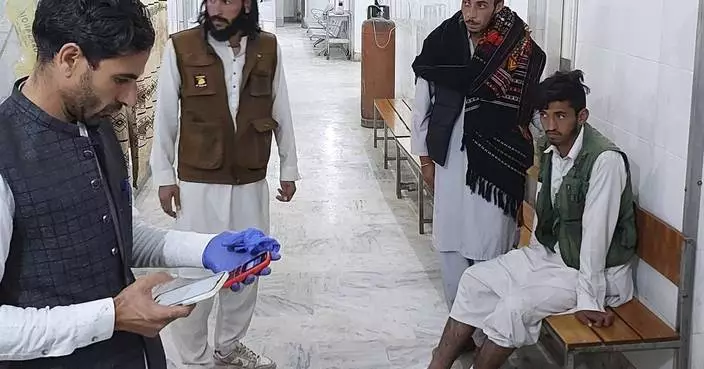The decision by the International Criminal Court to issue arrest warrants for the Israeli prime minister and a top Hamas official puts them in a small group of leaders to be accused of crimes against humanity.
The court issued warrants Thursday for Israeli Prime Minister Benjamin Netanyahu, his former defense minister, Yoav Gallant, and Mohammed Deif, a Hamas leader Israel claims it killed.
A three-judge panel from the court said the warrants were based on “reasonable grounds” that Netanyahu and Gallant bear responsibility for a war crime and crimes against humanity in the Gaza Strip, where more than 44,000 people have reportedly been killed and more than 104,000 wounded in the 13-month war between Israel and Hamas.
Netanyahu condemned the warrant, saying Israel “rejects with disgust the absurd and false actions.”
The warrant against Deif said there was reason to believe he was involved in murder, rape, torture and the taking of hostages amounting to war crimes and crimes against humanity for the militant group's Oct. 7, 2023, attacks on Israel. Some 1,200 people, mostly civilians, were killed in those attacks, and another 250 were abducted.
Hamas said it welcomed the warrants against Netanyahu and Gallant after what it called decades of injustice by a “fascist occupation.”
The Hamas statement did not refer to the warrant for Deif. Israel claims it killed him in an airstrike, but Hamas has never confirmed his death.
Here's a closer look at the ICC and its accusations against Israeli and Hamas leaders:
The ICC is the permanent court of last resort, established in 2002 to prosecute individuals for war crimes, crimes against humanity, genocide and aggression.
The court's 124 member states have signed on to the treaty that created the court. Dozens of countries did not sign and do not accept the court’s jurisdiction. They include Israel, the United States, Russia and China.
The ICC becomes involved when nations are unable or unwilling to prosecute crimes on their territory. Israel argues that it has a functioning court system, and disputes over a nation’s ability or willingness to prosecute have fueled past disputes between the court and individual countries.
While the warrants could complicate travel abroad for Netanyahu and Gallant, they are unlikely to face judges in The Hague anytime soon. Member countries are required to detain suspects facing a warrant if they set foot on their soil, but the court has no way to enforce that.
ICC judges have issued about 60 arrest warrants, and 21 people have been detained and appeared in court, according to its website. Some 30 people remain at large. The court has issued 11 convictions and four acquittals.
The court said there are reasonable grounds to believe Netanyahu and Gallant, who was replaced earlier this month, bear responsibility as co-perpetrators of the war crime of starvation and crimes against humanity, including murder, persecution and other inhumane acts.
The court said that while it couldn't reach a finding on the crime against humanity of extermination, it said the murder accusation was supported by allegations that Gaza residents were deprived of basic necessities such as food, water, electricity and medical supplies. That created conditions “calculated to bring about the destruction of part of the civilian population in Gaza," that led to deaths of children and others from malnutrition and dehydration.
The court also found that by preventing hospital supplies and medicine from getting into Gaza, doctors were forced to operate and carry out amputations without anesthesia or unsafe means of sedation that led to “great suffering.”
The court said it found two incidents in which evidence provided by the prosecution allowed it to make a finding that attacks were intentionally directed against civilians. It said there were reasonable grounds to believe that Netanyahu and Gallant failed to prevent those attacks.
While the arrest warrants are classified as secret to protect witnesses, the court said it provided some information because the conduct that inspired the warrants appeared to be ongoing. It also said it wanted victims and their families to be notified of the warrants.
Deif, who had been highest-ranking commander of Hamas' military wing, was alleged to have ordered the Oct. 7 attack and failed to prevent it.
The court said the mass slaughter of people at several Israeli settlements and an outdoor concert amounted to a crime against humanity and the war crime of murder. It also found that those attacks qualified as the war crime of intentionally directing attacks against civilians.
In addition, the judges found that allegations of sexual assault of captives and hostages — mostly women — provided reasonable grounds for crimes against humanity and the war crimes of both torture and rape.
Last year, the court issued a warrant for Russian President Vladimir Putin on charges that he was responsible for the abductions of children from Ukraine. Russia responded by issuing its own arrest warrants for Khan and ICC judges.
The chances of Putin facing trial at the ICC are highly unlikely because Moscow does not recognize the court’s jurisdiction or extradite its nationals.
Former Libyan leader Moammar Gadhafi was captured and killed by rebels shortly after the ICC issued a warrant for his arrest on charges linked to the brutal suppression of anti-government protests in 2011.
One of Africa’s most notorious warlords, Joseph Kony, was issued an arrest warrant from the ICC in 2005. As the leader of the Lord’s Resistance Army in northern Uganda, he faces 12 counts of crimes against humanity including murder, sexual enslavement and rape, and 21 counts of war crimes. Despite an internationally backed manhunt and a $5 million reward, Kony remains at large.
Sudan’s former President Omar al-Bashir is wanted by the ICC over accusations related to the conflict in Darfur. Al-Bashir was served with arrest warrants in 2009.
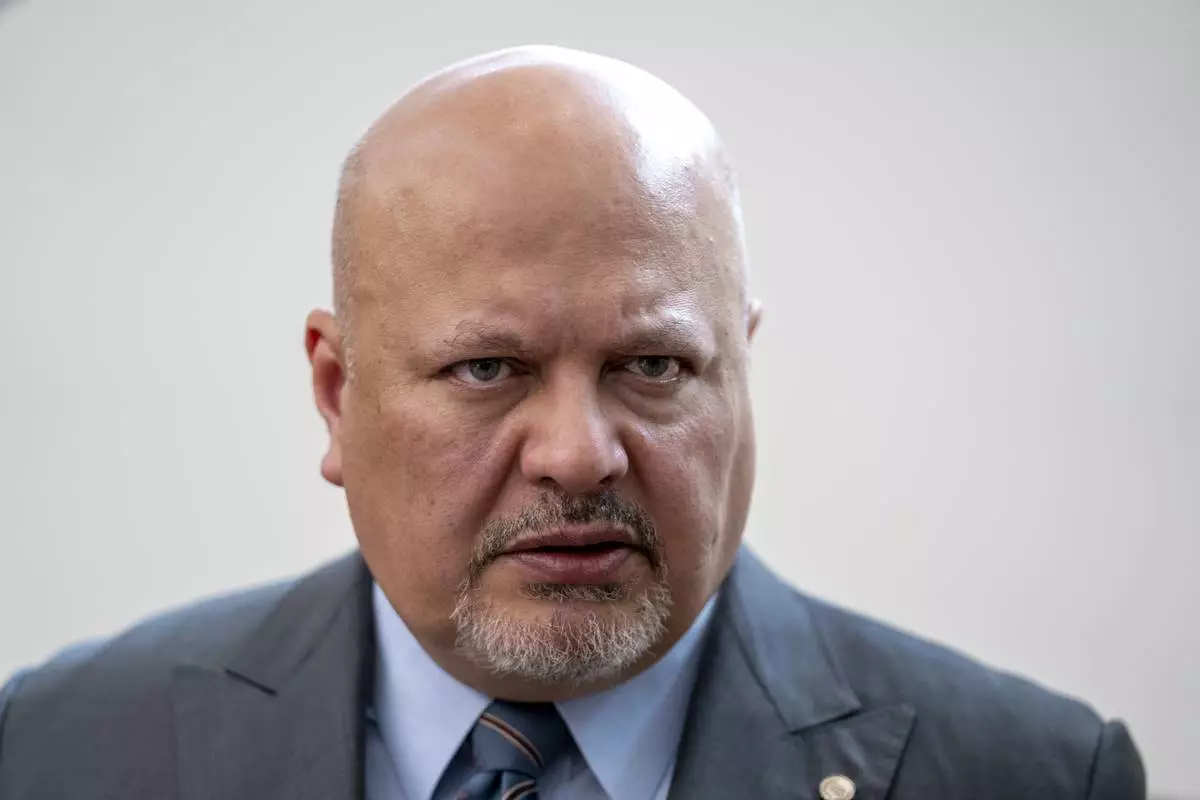
FILE - Karim Khan, Prosecutor of the International Criminal Court looks up prior to a press conference in The Hague, Netherlands, Monday, July 3, 2023. (AP Photo/Peter Dejong, File)
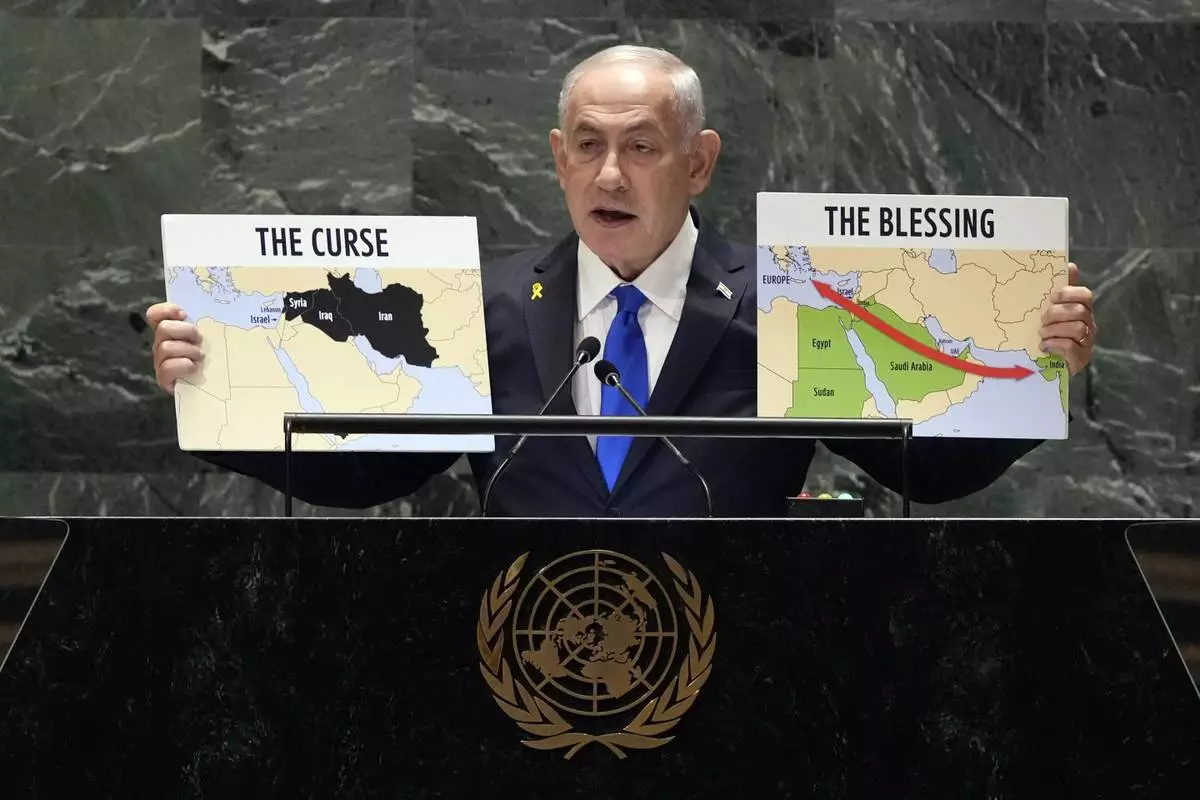
FILE - Israel Prime Minister Benjamin Netanyahu addresses the 79th session of the United Nations General Assembly, Friday, Sept. 27, 2024. (AP Photo/Richard Drew, File)
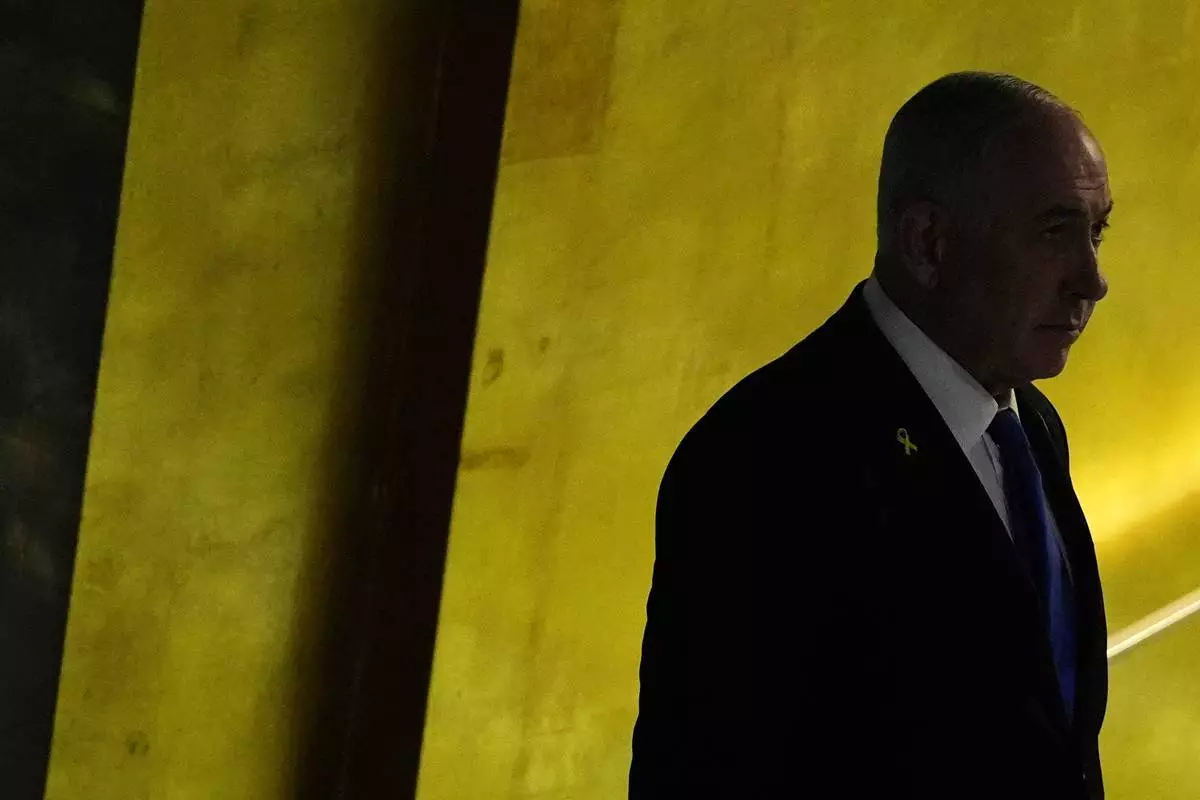
FILE - Prime Minister of Israel Benjamin Netanyahu enters the 79th session of the United Nations General Assembly, Friday, Sept. 27, 2024. (AP Photo/Pamela Smith, File)
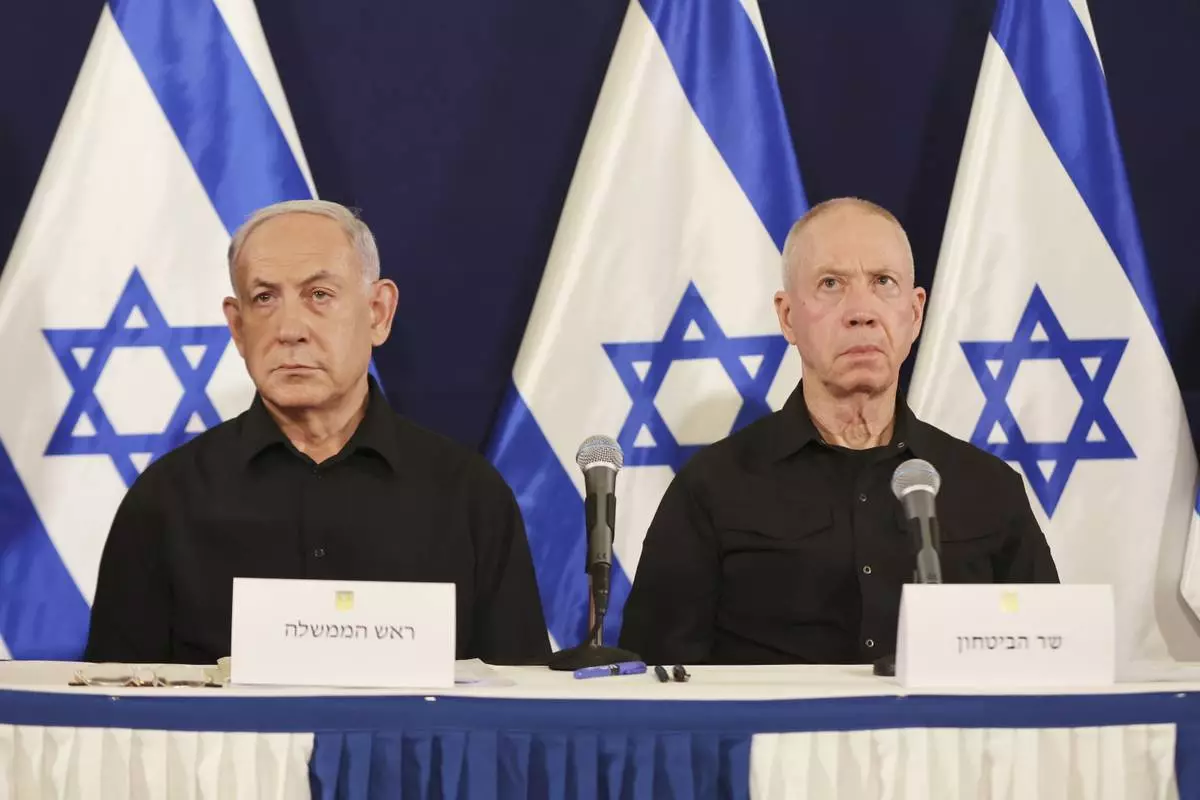
FILE - Israeli Prime Minister Benjamin Netanyahu, left, and Defense Minister Yoav Gallant attend a press conference in the Kirya military base in Tel Aviv, Israel, Saturday, Oct. 28, 2023. (Abir Sultan/Pool Photo via AP, File)


